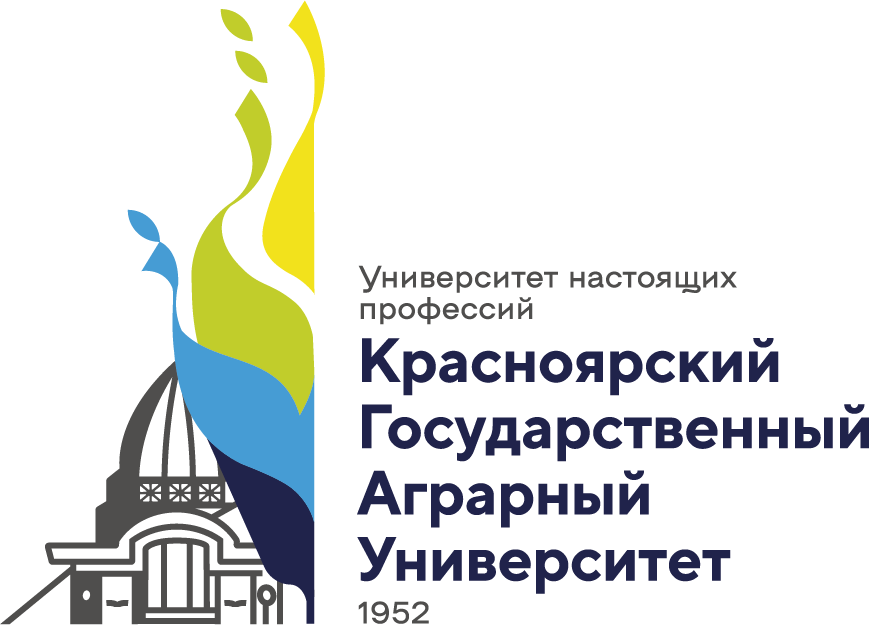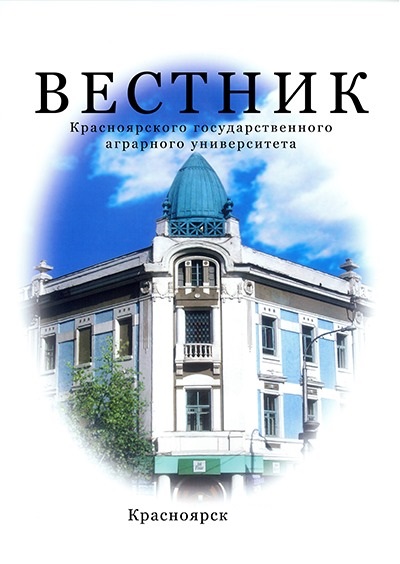The article defined the advantages of the An-droid operating system from the standpoint of its functionality. It is stressed that the Android operat-ing system has more features from other operating systems. It has a high performance and economical power supply in the maintenance of software appli-cations, easy access and a wide range of software products. The authors note that the Android oper-ating system is a platform based on the Linux ker-nel, which is the kernel of the operating system cor-responding with the POSIX standards, i.e. a set of standards. This innovative development is wide-spread abroad in all areas of information technol-ogy. Its application and development are fully inte-grated into the international market. In Russia it is also widely used system, as it is affordable and of the highest standard, which ensures its demand on the market. However, the authors note that the do-mestic version of the smartphones of this type in Russia, respectively and infrastructure, and the training of specialists is conducted on the level of production and consumption catching-up. The au-thors believe that the specificity and the problem of using this operating system takes place because the devices quickly become obsolete as the carriers and manufacturers don't want to create a software update that users could not use the new features, staying on old versions of Android. Despite its shortcomings, the Android operating system is by far the most functional and in demand, and its po-tential is far from exhausted. The authors propose the use of the Android operating system for the im-plementation of its own information of the project, as well as for training purposes in the framework of University training.
mobile device, operating system, Android system, application of software, Android system in the educational process of higher educa-tion institution
1. Dersi L., Konder Sh. Programmirovanie pri-lozheniy pod operacionnuyu sistemu Google. - M.: Rid Grupp God, 2011. - 409 s.
2. Zechner M. Beginning Android Games. - New York: Apress, 2011. - 688 p.
3. Simankov V.S., Tolkachev D.M. Modelirovanie slozhnyh ob'ektov v rezhime real'nogo vreme-ni na osnove setey Petri // Vestn. Adygeyskogo gos. un-ta. Ser. 4. «Estestvenno-matemati-cheskie i tehnicheskie nauki ». - 2012. - № 4 (110). - S. 202-209.
4. Goloschapov S. Google Android. Programmiro-vanie dlya mobil'nyh ustroystv. - SPb.: BHV-Peterburg,2011. - 438 s.
5. Edson D. Using the Accelerometer on Windows Phone_7, in The Windows Phone Developers Blog. URL: http:// windowsteamblog.com /windows_phone/b/wpdev/archive/2010/09/08/using- the - accelerometer - on-windows-phone-7.aspx (data obrascheniya: 5.11.2015).
6. Gabor Paller. Motion Recognition with Android devices, Sfonge Ltd. - URL: http:// www.slideshare.net/paller/motion-recognition-with-androiddevices (data obrascheniya: 5.11.2015).
7. Flegontov A., Fomin V. Sistema intellektu-al'noy obrabotki dannyh // Izv. Ros. gos. ped. un-ta im. A.I. Gercena. - 2013. - № 154. - S. 41-48.
8. Android dlya razrabotchikov / P. Deytel, H.I. Deytel, E. Deytel [i dr.]. - SPb.: Pi-ter, 2015. - 384 s.
9. Sinica S. Veb-programmirovanie i veb-ser-visy. - Krasnodar: Izd-vo KubGU, 2013. - 158 s.
10. Bloh D. Java. Effektivnoe programmirova-nie. - M.: Lori, 2013.- 310 s.
11. Hashimi S., Komatineni S., Maklin D. Raz-rabotka prilozheniy dlya Android. - SPb.: Pi-ter, 2011. - 738 s.
12. Varakin M. Razrabotka mobil'nyh prilozheniy pod Android. - M.: Izd-vo MGTU, 2012. - 128 s.
13. Sayt po prakticheskim primeram. - URL: http://developer.alexanderklimov.ru/android (da-ta obrascheniya 10.11.2015).
14. Martin R. Chistyy kod: sozdanie, analiz i refaktoring. - SPb.: Piter, 2013. - 464 s.
15. Fauler M. Refaktoring. Uluchshenie susche-stvuyuschego koda. - M.: Simvol-Plyus, 2008. - 432 s.
16. Djersi L., Konder Sh. Programmirovanie pri-lozhenij pod operacionnuju sistemu Google. - M.: Rid Grupp God, 2011. - 409 s.
17. Zechner M. Beginning Android Games. - New York: Apress, 2011. - 688 p.
18. Simankov V.S., Tolkachev D.M. Modelirovanie slozhnyh ob’’ektov v rezhime real'nogo vremeni na osnove setej Petri // Vestn. Adygejskogo gos. un-ta. Ser. 4. «Estestvenno-matematicheskie i tehnicheskie nauki». - 2012. - Vyp. № 4 (110). - S. 202-209.
19. Goloshhapov S. Google Android. Programmiro-vanie dlja mobil'nyh ustrojstv. - SPb.: BHV-Peterburg, 2011. - 438 s.
20. Edson D. Using the Accelerometer on Windows Phone 7, in The Windows Phone Developers Blog. - URL: http://windowsteamblog. com/windows_phone/b/wpdev/archive /2010/09/ 08/using-the-accelerometer-on-windows-phone-7.aspx (data obrashhenija: 5.11.2015).
21. Gabor Paller. Motion Recognition with Android devices, Sfonge Ltd. - URL: http:// www.slideshare.net/paller/motion-recogni-tion-with-androiddevic es (data obrashhenija: 5.11.2015).
22. Flegontov A., Fomin V. Sistema intellektual'noj obrabotki dannyh // Izv. Ros. gos. ped. un-ta im. A.I. Gercena. - 2013. - № 154. - S. 41-48.
23. Android dlja razrabotchikov / P. Dejtel, H.I. Dejtel, Je. Dejtel [i dr.]. - SPb.: Piter, 2015. - 384 s.
24. Sinica S. Veb-programmirovanie i veb-servisy. - Krasnodar: Izd-vo KubGU, 2013. - 158 s.
25. Bloh D. Java. Jeffektivnoe programmirovanie. - M.: Lori, 2013.-310 s.
26. Hashimi S., Komatineni S., Maklin D. Raz-rabotka prilozhenij dlja Android. - SPb.: Piter, 2011. - 738 s.
27. Varakin M. Razrabotka mobil'nyh prilozhenij pod Android. - M.: Izd-vo MGTU, 2012. - 128 s.
28. Sajt po prakticheskim primeram. - URL: http://developer.alexanderklimov.ru/android (da-ta obrashhenija: 10.11.2015).
29. Martin R. Chistyj kod: sozdanie, analiz i refaktoring. - SPb.: Piter, 2013. - 464 s.
30. Fauler M. Refaktoring. Uluchshenie sushhe-stvujushhego koda. - M.: Simvol-Pljus, 2008. - 432 s.










